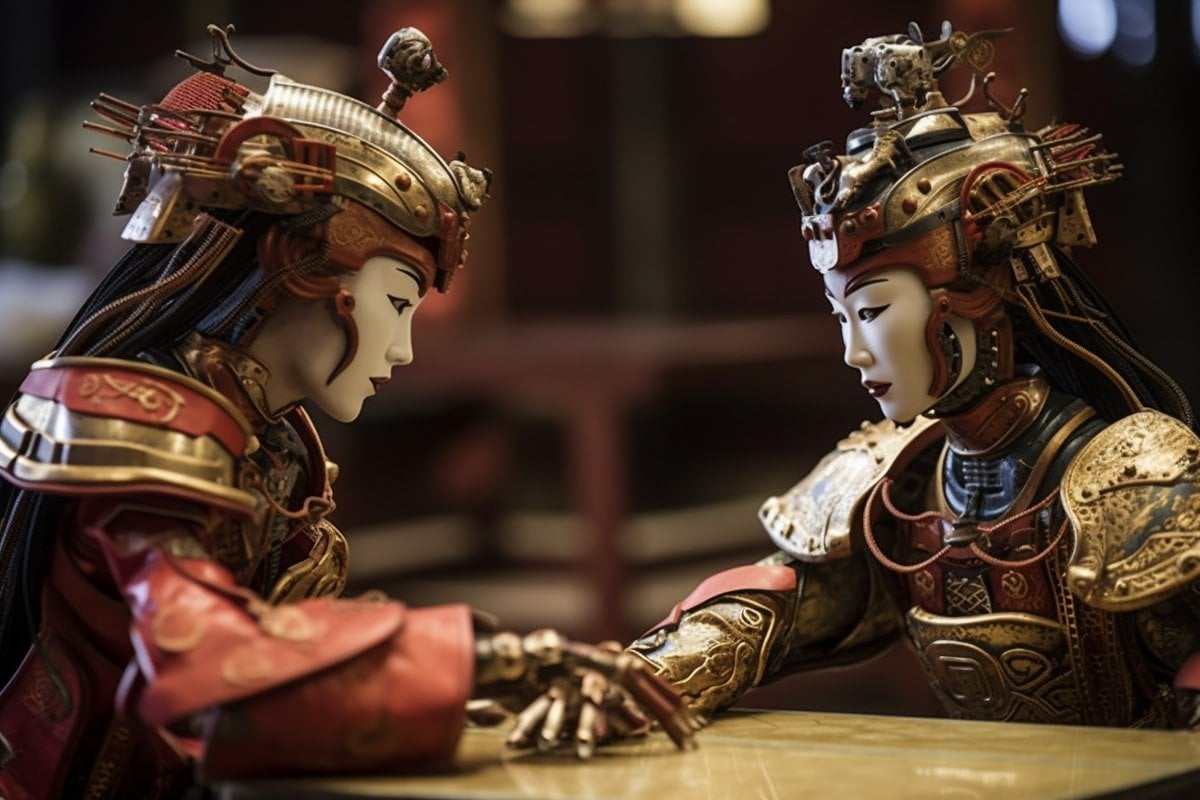Summary: As robots become more pervasive in our society, the question of whether they should be granted rights is a subject of increasing debate.
A new analysis challenges this view. Instead of rights, researchers propose we view robots as ‘rites bearers’, drawing on principles from Confucianism that emphasize social harmony and role obligations.
The study suggests this approach could foster cooperation and mutual respect between humans and robots.
Key Facts:
- According to the analysis, rather than granting rights to robots, assigning them ‘rites’ or ‘role obligations’ may foster cooperation and respect.
- The concept is rooted in Confucianism, which emphasizes social harmony and communal interests.
- Tae Wan Kim, the author of the analysis, suggests that treating robots respectfully, as entities capable of participating in rites, could prevent self-degradation.
Source: Carnegie Mellon University
Philosophers and legal scholars have explored significant aspects of the moral and legal status of robots, with some advocating for giving robots rights.
As robots assume more roles in the world, a new analysis reviewed research on robot rights, concluding that granting rights to robots is a bad idea. Instead, the article looks to Confucianism to offer an alternative.
The analysis, by a researcher at Carnegie Mellon University (CMU), appears in Communications of the ACM, published by the Association for Computing Machinery.

“People are worried about the risks of granting rights to robots,” notes Tae Wan Kim, Associate Professor of Business Ethics at CMU’s Tepper School of Business, who conducted the analysis.
“Granting rights is not the only way to address the moral status of robots: Envisioning robots as rites bearers—not a rights bearers—could work better.”
Although many believe that respecting robots should lead to granting them rights, Kim argues for a different approach.
Confucianism, an ancient Chinese belief system, focuses on the social value of achieving harmony; individuals are made distinctively human by their ability to conceive of interests not purely in terms of personal self-interest, but in terms that include a relational and a communal self.
This, in turn, requires a unique perspective on rites, with people enhancing themselves morally by participating in proper rituals.
When considering robots, Kim suggests that the Confucian alternative of assigning rites—or what he calls role obligations—to robots is more appropriate than giving robots rights. The concept of rights is often adversarial and competitive, and potential conflict between humans and robots is concerning.
“Assigning role obligations to robots encourages teamwork, which triggers an understanding that fulfilling those obligations should be done harmoniously,” explains Kim.
“Artificial intelligence (AI) imitates human intelligence, so for robots to develop as rites bearers, they must be powered by a type of AI that can imitate humans’ capacity to recognize and execute team activities—and a machine can learn that ability in various ways.”
Kim acknowledges that some will question why robots should be treated respectfully in the first place. “To the extent that we make robots in our image, if we don’t treat them well, as entities capable of participating in rites, we degrade ourselves,” he suggests.
Various non-natural entities—such as corporations—are considered people and even assume some Constitutional rights. In addition, humans are not the only species with moral and legal status; in most developed societies, moral and legal considerations preclude researchers from gratuitously using animals for lab experiments.
About this robotics and neuroethics research news
Author: Caitlin Kizielewicz
Source: Carnegie Mellon University
Contact: Caitlin Kizielewicz – Carnegie Mellon University
Image: The image is credited to Neuroscience News
Original Research: Closed access.
“Should Robots Have Rights or Rites?” by Tae Wan Kim et al. Communications of the ACM
Abstract
Should Robots Have Rights or Rites?
A Confucian cross-cultural exploration of the ethical treatment of robots.






